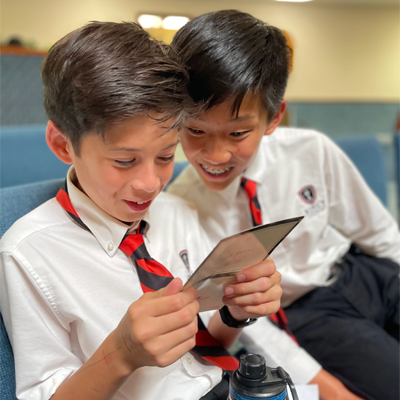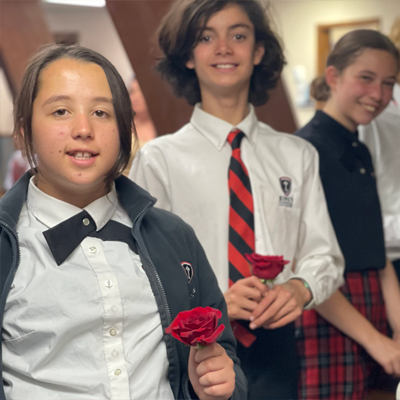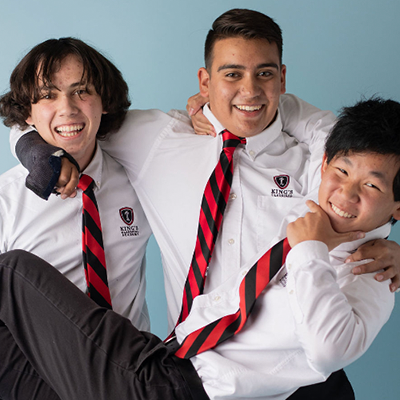Our passion for Christian education is rooted in the belief that Christ’s Lordship extends over every realm of life, including education.
No education is neutral, but rather reflects the worldview of the institution and the faith commitments of its leaders.
Therefore, our aim is to establish a Biblical worldview across the curriculum that enables students to learn about everything – from algebra to zygotes – through the lens of the Christian faith.





